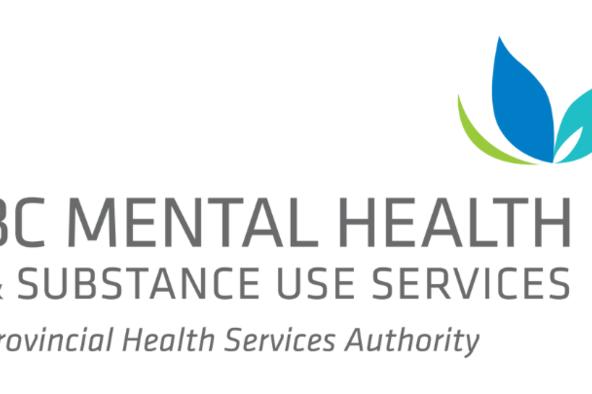Nurse immunizers help protect colleagues, clients and communities from COVID-19

In preparation for the rollout in B.C., nurses, nurse practitioners and pharmacists at BC Mental Health and Substance Use Services and the Provincial Health Services Authority have trained as peer nurse immunizers. Several were responsible for the successful rollout of BC Mental Health and Substance Use Services' first COVID-19 vaccine clinics in February.
Mobilizing quickly when vaccines become available
Due to the limited availability of vaccines throughout the province, the provincial health officer and medical health officers determine the approach to vaccine distribution based on areas in need, such as outbreak locations.
Recent outbreaks in three provincial correctional centres meant that some of our clients in custody would get their vaccines sooner than expected. With just a few days’ notice, the BC Mental Health and Substance Use Services team set up vaccination clinics at five centres: Surrey Pretrial Services Centre, North Fraser Pretrial Centre, Fraser Regional Correctional Centre, Alouette Correctional Centre for Women, and Xàws Schó:lha Correctional Centre.
Fortunately, peer nurse immunizers were trained and ready to go. The clinics ran smoothly and efficiently, with good uptake among both clients and staff.
“Our teams were planning and working on the weekends and late in the evenings to get everything ready. It was a very intense time, but it was also very rewarding,” said Maylene Fong, a regional director at Correctional Health Services.
Maylene was grateful for the dedicated team that managed the clinics on short notice. “People say ‘it takes a village,’ and our village really came together. The teams were wonderful — managers, nurses and immunizers, data entry clerks, quality teams, site leads — everyone went above and beyond, and I’m so proud of the work we did together. It felt good to do something positive in this pandemic.”
Stepping up to help one another
Over 25 peer nurse immunizers and educators worked at the clinics to immunize staff and clients over four days. Diane Thiessen, a registered nurse at Alouette Correctional Centre with over 20 years of experience, was part of the immunization team at four of the five clinics.
“I’ve done these kinds of mass immunization programs before, and to some degree, it’s like riding a bike,” she said. “For COVID-19, we all had to go through specific online training so we knew the requirements for drawing up the vaccine and any potential side effects, but other than that, it was relatively straightforward. We got ourselves ready for the marathon and worked together to complete it.
“We’re almost a year into this pandemic and for the most part, everyone’s doing their best by limiting contact or not going out to socialize,” she continued. “But, when you can actually do something tangible like provide a vaccination, it’s important that you do. It wasn’t a question for me — I was excited to be involved. It’s such a positive thing that may hasten the end of this for everyone.”
Approaching vaccination of a complex population
The population served by Correctional Health Services is unique. Typically, people in custody are in poorer health than the general population. Many of them have experienced mental health and substance use issues, and have faced barriers to health care and education. This means they’re at greater risk for COVID-19 and it’s especially important for them to get the vaccine — but due to their history with the health system, they may be more hesitant. Another complexity is the correctional setting itself. Clients live and spend recreational time in close proximity to one another, meaning they are at higher risk than the general population.
To help support clients and ensure they were well informed about their options to obtain the vaccine, BC Mental Health and Substance Use Services staff created a plain-language FAQ tailored to people in custody, in consultation with people with lived experience. They also took information from the BC Centre for Disease Control to educate clients on the vaccine. BC Mental Health and Substance Use Services nurses and physicians then visited every client in every unit to answer questions about the vaccine, potential side-effects, how it would be administered, and more.
“A big part of our success in corrections was in getting the paperwork organized in advance,” said Nancy Desrosiers, the provincial executive director for Correctional Health Services. “We were able to go to sites the day before each clinic, educate clients, answer their questions, complete a screening tool, check allergies and get preliminary consent. This means that all we had to do on the day was validate their identity, confirm if they still wanted the vaccine, and administer it to them. Despite long days and many hours of planning, we are very happy that we had around a 60 per cent uptake, which is high in comparison to other correctional areas.”